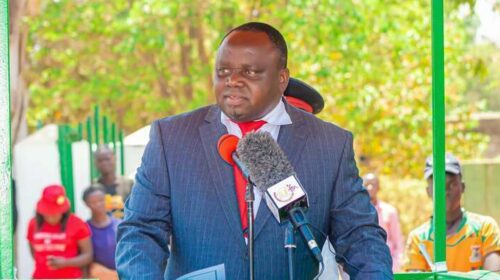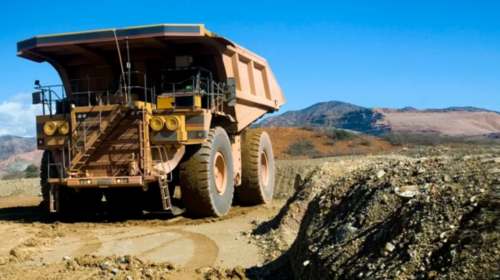The Economic Conjuncture Committee in DRC welcomes copper prices at more than 7,500 USD per ton
The economic situation and the mining sector in the DRC were assessed on Tuesday, December 08, 2020 during the traditional meeting of the Economic Conjuncture Committee (CCE) chaired by the Prime Minister, Ilunga Ilunkamba.
Providing an update on the mining sector, the Minister of Mines, Willy Kitobo, said mining production has increased and is generally performing well. According to him, the tonne of copper has exceeded the bar of 7,500 US dollars per tonne, and the price of cobalt has also stabilized on the international market.
The picture painted by the boss of Mines also shows a small drop in exports of mining products linked to the policy of restocking stocks operated by mining companies, and the improvement in the prices of certain metals on the international market.
In view of all this situation, the Minister of Mines was instructed by the CCE to monitor the situation linked to production as well as that of exports on which the taxes and other mining royalties depend.
At this working session extended to delegates of the FEC and those of ANEP, the members of the CCE announced after examination that on the whole, the macroeconomic framework remains stable in the Democratic Republic of Congo.
However, there is some acceleration in the rate of product price formation on the markets due to the speculative movements that accompany the end-of-year celebrations, Budget Minister Jean-Baudouin Mayo said during his report. .
According to him, the stake for the central government is to ensure to contain all these speculative movements so that the macroeconomic framework does not fall apart. The CCE also noted with satisfaction that the exchange rate remained stable, beyond a few official fluctuations of less than 10%. An encouraging sign, according to Budget Minister Mayo.
Another question examined in the economic situation report presented to the CCE by the Minister of Planning, Elysée Munembwe, is that relating to the degradation of roads of national interest located in the eastern part of the country, such as the road from Mambasa to ITURI, which requires rehabilitation for the proper exploitation of agricultural products such as coffee and cocoa.
![]()





